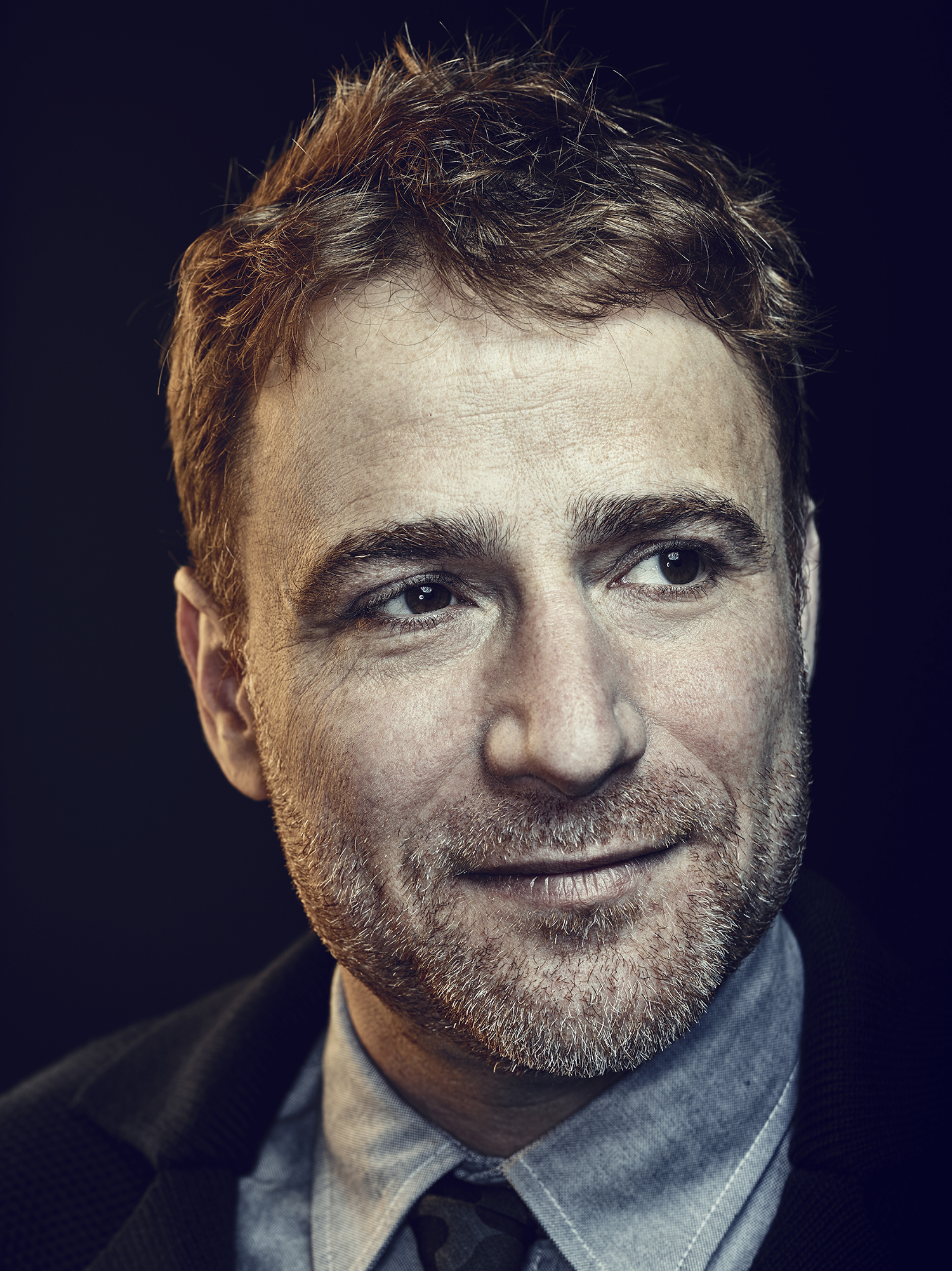
Every afternoon at 3:00, a five-foot gong sounds in the San Francisco office of Slack, the chat software company. “It’s very zen,” says April Underwood, Slack’s head of platform. “It’s 3:00 now. It’s time for your afternoon coffee.”
The gong makes the place sound more like a monastery than Silicon Valley startup whose software has been adopted by the offices of the world’s most-closely watched companies.
“It’s a little bit like company calisthenics,” says Cal Henderson, Slack’s chief technology officer and one of the company’s four co-founders, of the ritual. “Stewart is a hippy. He grew up on a commune. I think he’s a socialist. Slack is a little bit like a cult,” he says.
Stewart is Stewart Butterfield, Slack’s CEO, who launched the application 21 months ago. Even in an economy that has minted at least 65 new startups valued at $1 billion since January, Slack is growing fast. (To read more about Slack and the influence its having on work, check out the Nov. 9 issue of TIME.)
On Tuesday, Butterfield said that 1 million people were using Slack at the same time for the first time in the company’s short history. More than 1.7 millions people have become daily active users of the service since it was first released in February 2014; 10 times as many people were using Slack in August of this year as there were during the same period last year. Venture-capital darlings Airbnb, BuzzFeed and Blue Bottle Coffee use it. So do Fortune 500 firms like Comcast and Walmart. Teams at NASA and the State Department are on Slack. (More than 2,000 people use Slack at Time Inc., which publishes this web site and many others.)
Slack has so successfully infiltrated how so many people spend their waking hours that the company is now working on ways to get people off Slack–if only to let them get some shut-eye. To help tackle how much we work, Slack is developing a “do not disturb” feature. People won’t be interrupted by its messages between, say, the hours of 10:00pm and 8:00am in whatever time zone they live. “The most irritated that I’ve gotten in the last week are discussions of just this feature because it’s taken us so long to get it,” Butterfield said in an interview last month.
Butterfield, 42, says that his firm is worth much more than its current valuation of $2.8 billion. He wants his business to exceed Facebook’s. (The social network’s revenue in 2014 was $12.5 billion. Slack’s is currently on track to hit $45 million). John O’Farrell, a Slack board member and partner at the venture-capital firm Andreessen Horowitz says that if Butterfield and Slack play their cards right, they can build a $100 billion company. That would make Slack one of the world’s most valuable companies. Butterfield wants Slack to do for the next decade what Microsoft did for the past two by dominating how millions work. That won’t be easy. “We have grown so fast,” he says. “Every time time we figure out the best way to do something it becomes obsolete.”
That change can be seen in Slack’s own office. The company has grown from 8 employees in early-2014 to more than 250 today. Slack has 52 open job positions listed on its website, including at least five for recruiters. There’s so much unfilled space in the company’s leased San Francisco office that it’s currently being used by employees as a yoga studio. Butterfield, who created the popular photo-sharing site Flickr with his then-wife Caterina Fake, has never managed a company of this size. “It was definitely a concern for us,” O’Farrell says.
And there have been growing pains. On a recent Thursday morning, Butterfield visited San Francisco for an all-hands meeting with staff. He lives in Vancouver where Slack has its second-largest office. Butterfield says two questions stayed with him most from that meeting. One employee told Butterfield, “It’s nice that you’re giving us free coffee and phones, but mentorship is what really matters. Is it really assumed we’re supposed to find mentors ourselves without any assistance from the company?” Butterfield says he was asked. Butterfield found the tone a little presumptuous. “That’s what we meant when we said entitlement,” Butterfield said when he remembered the exchange later.
Another question weighed on Butterfield: Could Slack equitably compensate all of its employees should a sale or public offering make the company’s investors and founders billions? At a previous meeting, Butterfield had floated the idea of “progressive equity.” A company like Slack could set itself up so that at the time of its sale or public offering anyone who earns above a certain threshold–say, $10 million–pays 50% back to a pool that is then distributed to anyone who earned less than the threshold. “It’s exactly like income tax,” he says. So, one employee, wondered, was Slack any closer to creating that system?
He told them it was not. And despite whatever its supposedly socialist, hippy founder believes, it would not. (Butterfield promises to use his possible payday to work for criminal justice reform.) “It was always hard for me to imagine what you do with more than $10 million, but I think given that I live in Vancouver and San Francisco and the insane sh-t that has happened with the real estate in the last five years, I think I can up that a little,” he says, “but it’s certainly hard to imagine what you need with hundreds of millions of dollars.”
To read more about Slack and the future of work, check out the Nov. 9 issue of TIME.
More Must-Reads from TIME
- Cybersecurity Experts Are Sounding the Alarm on DOGE
- Meet the 2025 Women of the Year
- The Harsh Truth About Disability Inclusion
- Why Do More Young Adults Have Cancer?
- Colman Domingo Leads With Radical Love
- How to Get Better at Doing Things Alone
- Michelle Zauner Stares Down the Darkness
Write to Sam Jacobs at sam.jacobs@time.com